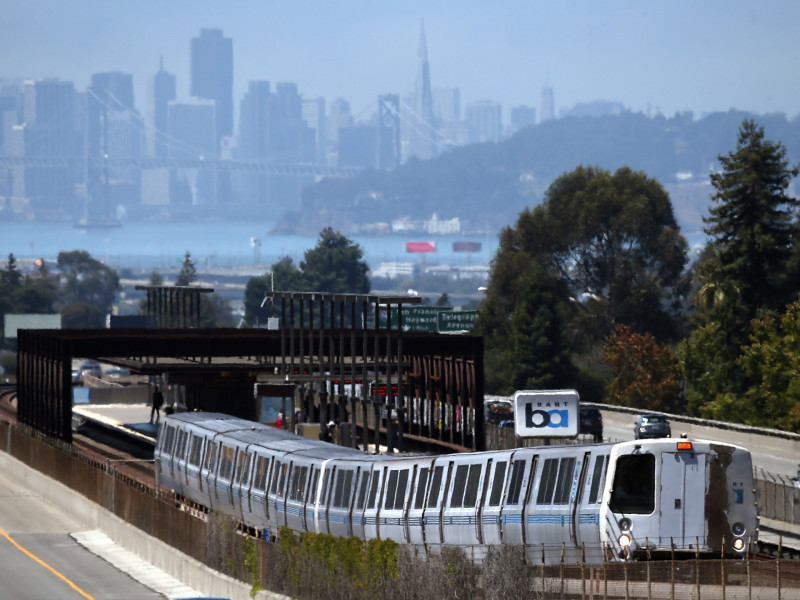The proposed contract, which must still be approved by the unions and by BART's elected board of directors, would be in force from mid-2017 through mid-2021.
The tentative pact "will provide the region and our riders with consistent and uninterrupted service for the next five years," the joint statement said. "This agreement will enable BART workers and management to continue to work on improving the relationship so that all of our collective energy can focus on rebuilding BART."
The 2013 strikes led to calls for a ban on walkouts by BART employees, a stand championed by former Orinda Mayor Steve Glazer in his successful 2015 run for the state Senate.
Glazer announced in February that he would fight the anticipated BART bond measure unless the agency negotiated new "financially responsible" contracts with its union.
“I look forward to reviewing the details of the agreement and its implications to commuters and taxpayers,” Glazer said after the tentative contract was announced. "I will be consulting today with the 40 elected officials who co-signed my letter urging that BART rebuild its public trust with concrete, fiscally responsible actions before the November elections when BART is expected to ask voters for a multi-billion dollar bond."
Glazer added that he would hold a Tuesday morning press conference at the Walnut Creek BART station to give his "more complete assessment" of the contract proposal.
BART says the bond issue is crucial to help meet the system's nearly $5 billion in unfunded capital investment needs. Bond funds would go toward purchasing the agency's new generation of rail cars, buying and installing an updated central train control system and modernizing its principal maintenance facility in Hayward.
Zakhary Mallett, who has been critical of fellow board members for approving the 2013 labor contracts, nonetheless argued in a recent San Francisco Chronicle op-ed piece for voters to support the bond measure.
He also offered a suggestion for those who are, like him, unhappy with the agency's labor contracts:
Getting those under control requires a different action. If you’re disgusted with BART’s leadership for not being careful enough with your money, then vote for financially responsible directors to lead BART or run for office yourself. Five BART director seats — including mine — are up in November. You have until August to throw your name in the hat for a race.
